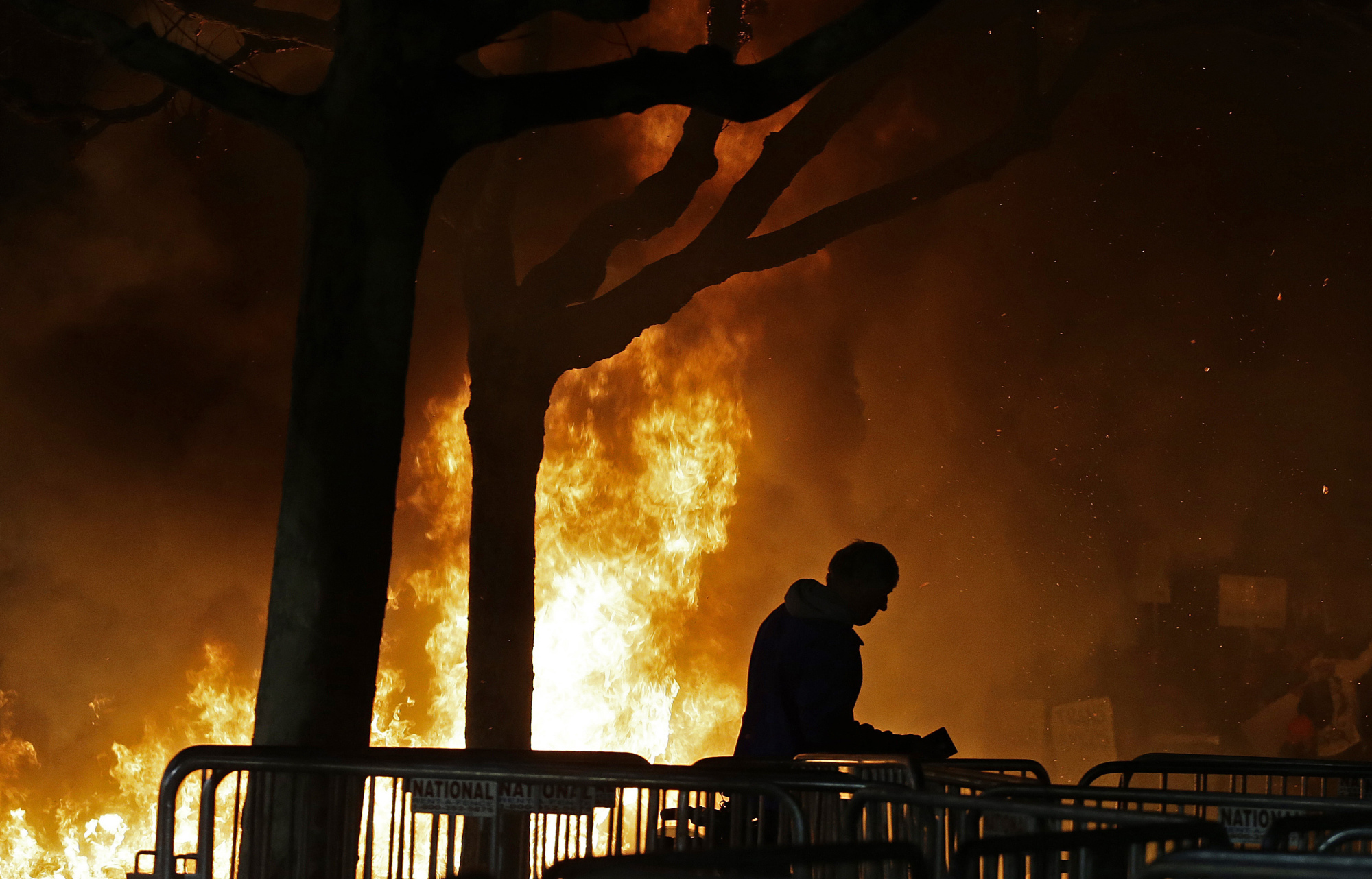Citizens in authoritarian states know what they can read or publish, see or hear. In places such as China, Russia, Iran, Turkey and Egypt, semi-free private discussion and small-circulation publishing is permitted. But the dissident talk can't become opposition action. That is cut off, either at the root or when it appears on the streets.
In a revealing interview, the Chinese artist Qiu Zhijie, a dissident in his youth and now a professor at the Central Academy of Fine Arts, told the sinologist Ian Johnson that "this (Chinese) government ... is not a traditional dictatorship. It's a new type. It's now much more complicated." Young people who want to explore forbidden zones can, said Qiu, use secured VPNs — virtual private networks — which allow users to bypass government filters by disguising their physical location. So China allows limited discussion of sensitive subjects such as the 1989 Tiananmen Square massacre — accounts of which are still controlled by China's ruling Communist Party.
The authorities allow these conversations because they know they can't afford to alienate smart young people, but also make clear where the boundaries are. Beyond these, in the forbidden zone, lies anything from a reprimand to long jail time and possibly torture. "Governments pursuing such goals," The Economist observed, "have many options. They can press blasphemy laws into service ... they can twist the media to their will ... or they can simply ban speech they dislike."



